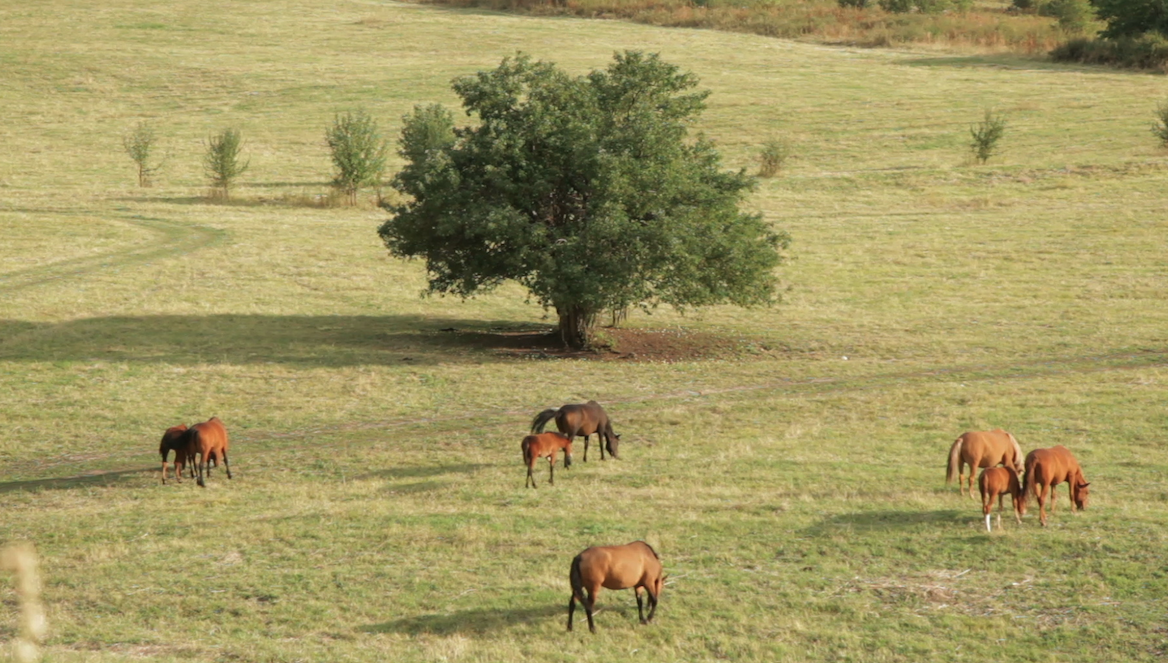DIARIO DA UN VIAGGIO DI STUDIO IN KAZAKISTAN ED UZBEKISTAN
‘In Central Asia, on the northern slopes of the Tien Shan mountains, lie the scattered remnants of a vast ancient forest that was home, millions of years ago to dozens of the species that would give rise to the fruits accompanying humans throughout their history. The woodlands stretching from western China across northern Kyrgyzstan and Uzbekistan, and right down to south Kazakhstan are dominated by the wild apples that gave the former capital of Kazakhstan its name: Almaty, or “Fatherland of Apples”. Produced by Fondazione Benetton Studi Ricerche for the ”International Carlo Scarpa for the Garden Award 2015” cultural campaign, Diario da un viaggio di studio in Kazakistan ed Uzbekistan leads a glance across these magical places’
‘Nell’Asia centrale, sparsi lungo il versante settentrionale della catena montuosa del Tien Shan, rimangono frammenti dell’immensa e antica foresta che milioni di anni fa faceva crescere al suo interno decine di specie che sono all’origine dei frutti che accompagnano la storia dell’uomo. Dall’ovest della Cina, attraverso il nord di Kirghizistan e Uzbekistan, fino al sud del Kazakistan, predominano in questi luoghi i meli selvatici, con un’evidenza tale nel paesaggio da dare il nome all’antica capitale del Kazakistan, Almaty, cioè “luogo delle mele’
Diario da un viaggio di studio in Kazakistan ed Uzbekistan racconta il viaggio in Asia Centrale con il comitato scientifico della Fondazione Benetton Studi Ricerche, in occasione della campagna di studio relativa al conferimento del ”Premio Internazionale Carlo Scarpa per il giardino” dell’anno 2016′
DIARIO DA UN VIAGGIO DI STUDIO IN KAZAKISTAN ED UZBEKISTAN
Category: institutional documentary
Year of production: 2016
Running Time: 30:00 min
16:9 HD/ col/ Sound Stereo
Direction, shooting and editing: Davide Gambino
Production coordinator: Patrizia Boschiero for Fondazione Benetton Studi Ricerche
Scientific consultants: Giuseppe Barbera / Luigi Latini for Fondazione Benetton Studi Ricerche
Music: Pino Petraccia with Stefano Taglietti
Produced by Fondazione Benetton Studi Ricerche© Italy 2016


